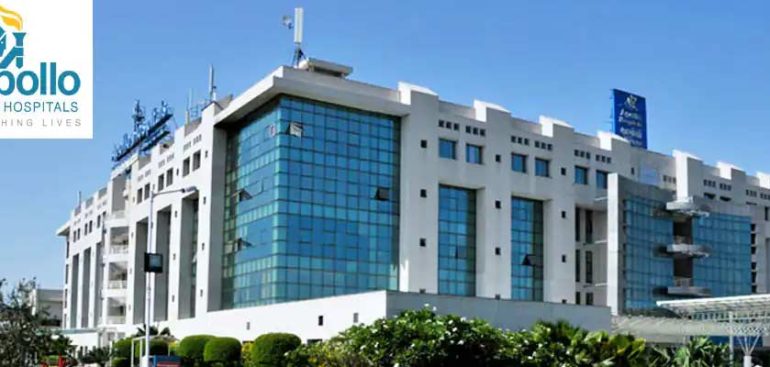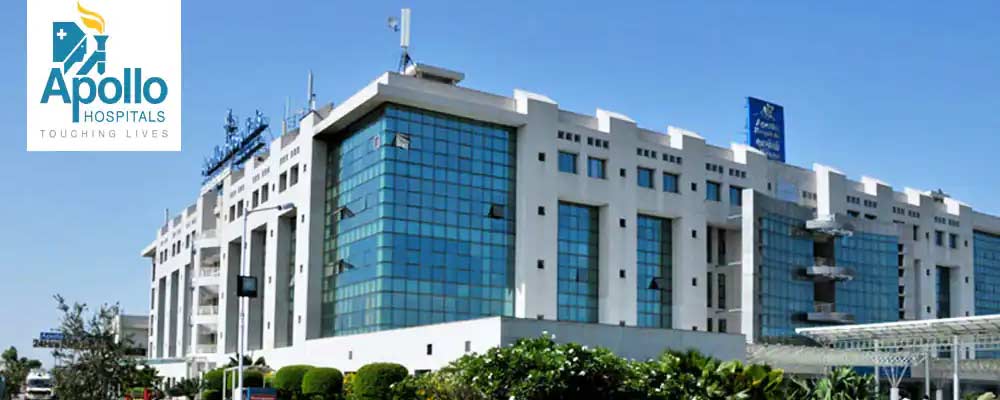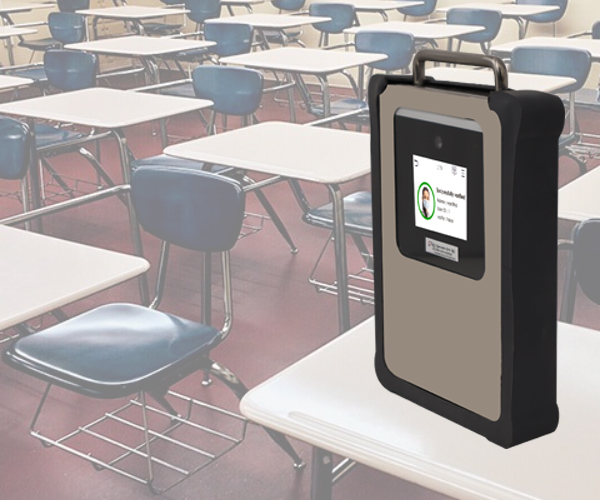
In today’s modern technological era, with evolution educational institutions are increasingly adopting & looking for edTech tools to manage the operations more effectively & efficiently.
One such tool is the Student Attendance Management System. Teachers often found themselves stuck with completing formal duties i.e taking attendance & maintaining files or records. This type of methodology usually works with lower grades but when you have such a large number of students each minute wasted counts & results in hours spent in mundane tasks which can be utilised to focus on teaching.
This blog post delves deep into how the online attendance system for students helps teachers to overcome such inefficient work processes, and also we will get to know its significance, benefits, types & its implementation.
What is the Student Attendance Management System?

What is the Main Objective/Purpose of the Online Attendance Management System?
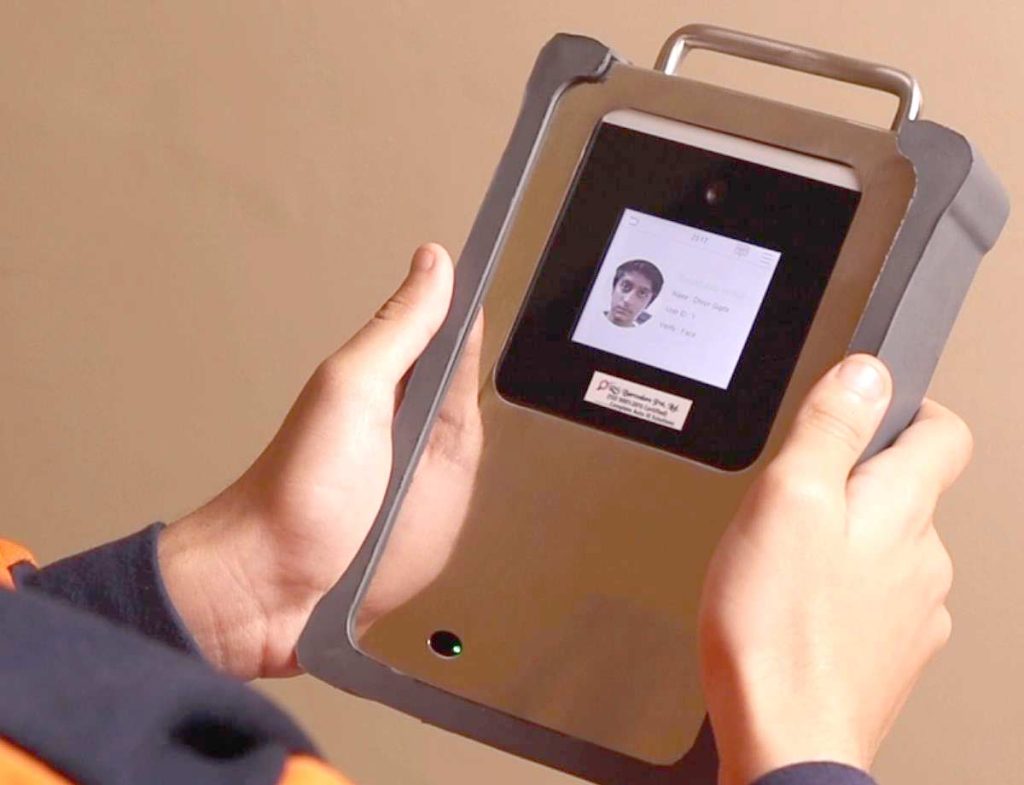
Time-saving Administrative ProcessesInstitutions seek to streamline administrative tasks related to attendance management, freeing up valuable time for teachers and administrators to focus on core responsibilities.
What are the Benefits of the Student Attendance Management System?
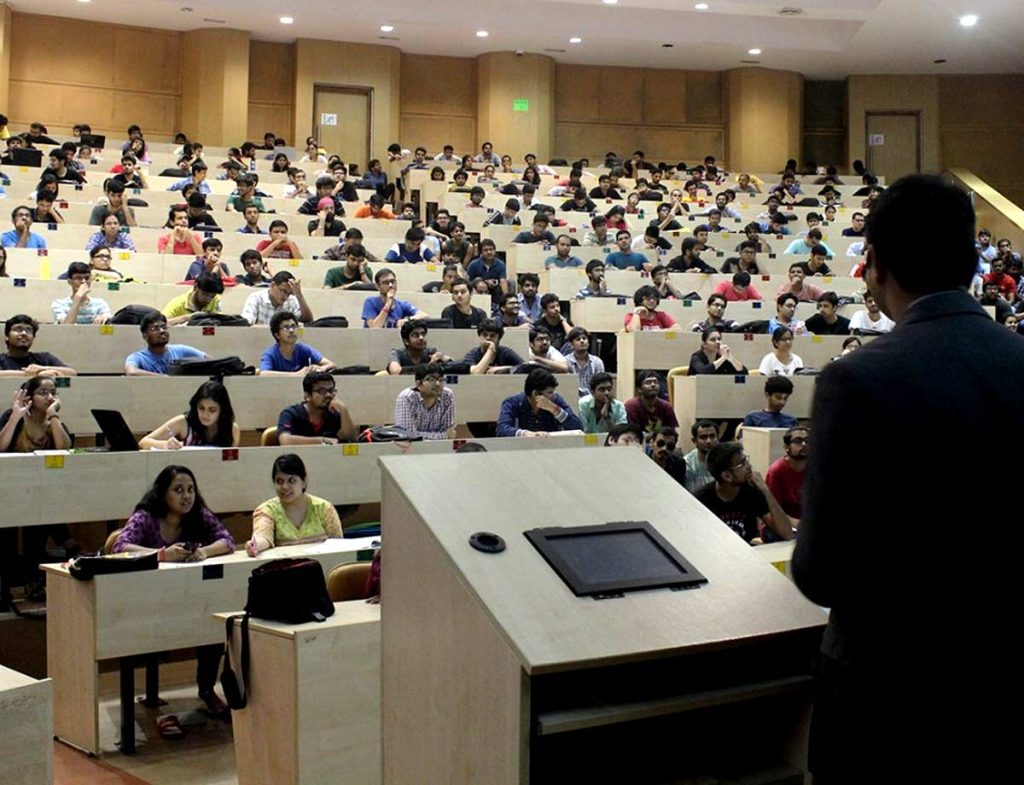
- Accurate attendance tracking : Student Attendance Management System ensures precise recording of each student, reducing errors & proxy’s.
- Time Efficiency : The automated process results in saving administrative time, enabling educators to focus on the intended purpose of teaching.
- Increased Productivity & Student Engagement : If the students & stakeholders get real-time updates about the attendance, it encourages the student to maintain the attendance, fostering higher engagement & productivity also reducing the chances of elimination in exam participation due to attendance shortage.
- Data Driven Insights : Comprehensive reports that are generated by the online attendance management system for students provides valuable insights into each student attendance pattern enabling the educational institutions to identify & implement targeted interventions accordingly.
- Streamlined Communication : The system also incorporates seamless communication between stakeholders - teachers/parents & students regarding the attendance records, classes to ensure transparency & accountability.
What are the Types of Attendance Systems?
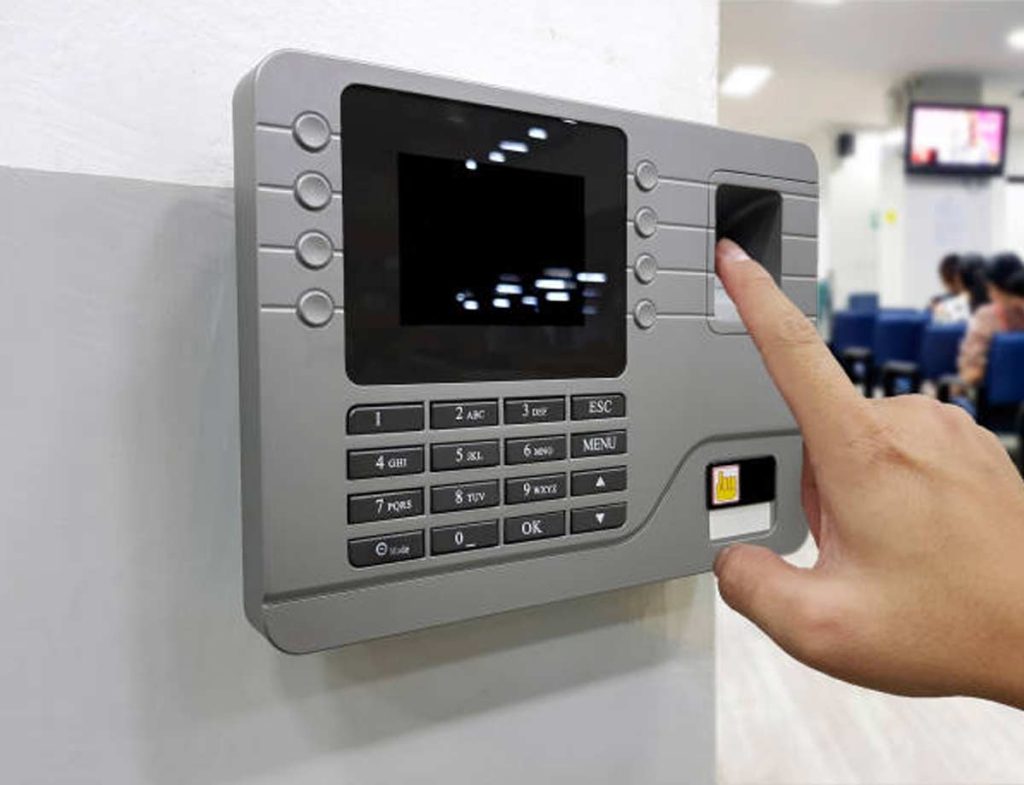
There are various types of attendance systems available, including:
- Manual Systems : The traditional methods which involve manual attendance registers and roll calls resulting in the waste of valuable time of resources.
- Barcode/RFID Systems : Considered to be one of the most-popular school & college attendance systems. Students are provided with a RFID (Radio Frequency Identification ) having a unique code - which is read by the enabled scanners at the time of check-in and check-out of classes, the data can be fetched further with the help of integrated ERP.
- Biometric Systems : Another popular online attendance system for students is biometric systems which utilise biometric authentication methods like fingerprint or facial recognition of students for accurate attendance tracking. Just like RFID the data can be fetched by integrated ERP’s.
- Online Attendance System For Students : In online attendance systems web-based portals or mobile applications are being used that allow students to mark their attendance digitally using a portable or fixed device. The data further uploaded on the cloud for ease of accessibility.
What is the Rule of Attendance in Medical College?

What is the Ideal Attendance Management System in College?

Conclusion
The Student Attendance Management System revolutionises attendance tracking in educational institutions by leveraging technology & automation. The school or college attendance system plays a vital role in promoting academic success by not only streamlining accurate attendance records, improved efficiency but also with enhanced student engagement.
Each medical institution can streamline operations, facilitate communication, & foster a conducive learning environment by embracing the power of technology.


